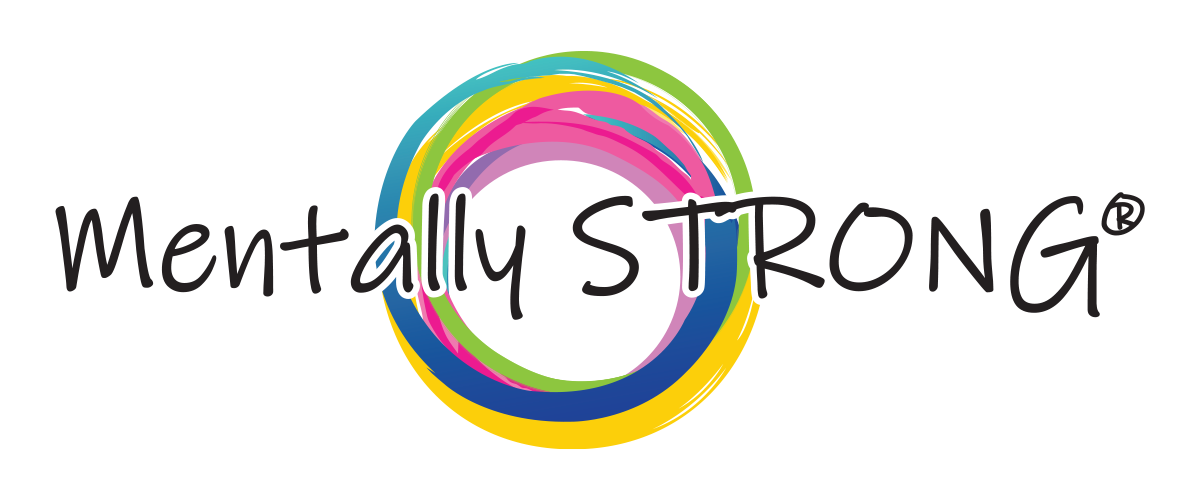Are you familiar with the term “Binge Eating Disorder”? It’s a condition that affects millions of people around the world. Despite its prevalence, there is still a lot of confusion surrounding this disorder, which is why it’s important to demystify the DSM, the diagnostic manual that mental health professionals use to identify and diagnose mental health conditions.
What is BED?
So, what exactly is BED? Binge eating disorder (BED) is characterized by recurrent episodes of eating large amounts of food in a short period, accompanied by a sense of lack of control. These episodes occur at least once a week for three months or longer and are often followed by feelings of guilt, shame, and embarrassment.
Despite its prevalence, BED is still not well understood by many people, including some mental health professionals. This is where the DSM plays a critical role. By providing clear criteria for diagnosing BED, the DSM helps to demystify this condition and improve our understanding of it.
How is it Treated?
Eating disorders are complex conditions that require specialized treatment, and binge eating disorder is no exception. It’s characterized by recurrent episodes of consuming large amounts of food in a short period of time, accompanied by a feeling of loss of control. People with binge eating disorder often feel ashamed and guilty about their behavior, which can lead to social isolation and depression.
The DSM is a valuable tool for mental health professionals, but it can be difficult for lay people to understand. That’s why we’re here to help demystify it for you! The DSM provides specific diagnostic criteria for each mental health condition, including binge eating disorder. By understanding these criteria, you can better understand the signs and symptoms of this disorder, which can help you or a loved one seek the appropriate treatment.
How is BED different from Overeating?
It’s important to note that binge-eating disorder is not the same as occasional overeating. We all overeat from time to time, but for someone with a binge-eating disorder, these episodes are frequent and uncontrollable. Binge eating disorder is a serious mental health condition that can have a significant impact on a person’s physical and emotional well-being.
Professional Help is Available
If you or someone you know is struggling with binge eating disorder, it’s important to seek professional help. Treatment may include therapy, medication, and/or lifestyle changes. Remember, you are not alone, and help is available.
By demystifying the DSM and understanding binge eating disorder, we can help break down the stigma surrounding this condition and help those who are struggling to get the support they need to live a happier, healthier life.

